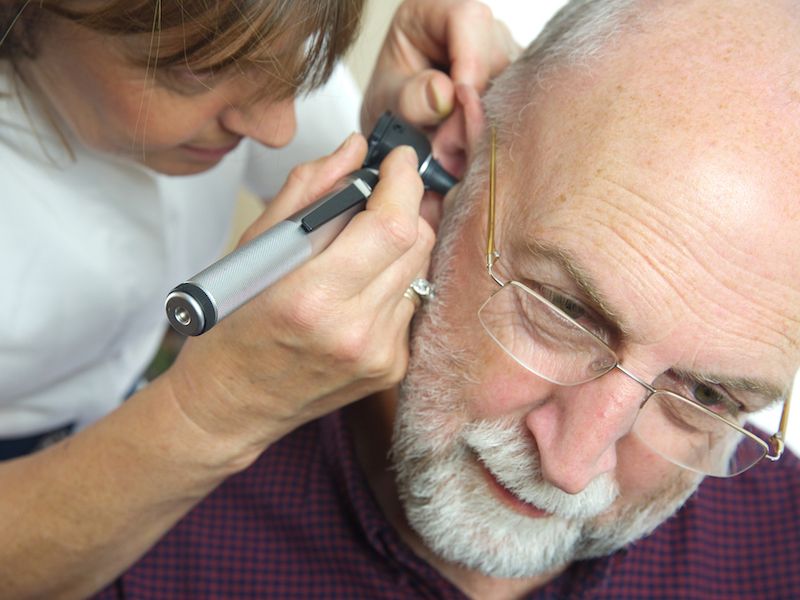
If you own eyeglasses, you know you still need to visit your eye doctor once a year, right? Due to the fact that, in time, your eyes can change. In fact, nothing in your body is static, not your eyes and not, it turns out, neither are your ears. That’s the reason why, just like you do with your eyes, it’s necessary to keep getting your ears examined even after you’ve invested in a set of hearing aids.
Unfortunately, many people miss those regular checkups. Perhaps they’ve been too busy enjoying their lives to get back in to see the doctor. Or maybe lately, work has been difficult. Or it’s possible you’ve just been so satisfied with your hearing aids that you haven’t had a reason to go back in. You would usually think of that as a positive thing.
Over time, for individuals suffering from hearing loss, it is even more important to have even one follow-up appointment. Even in the face of that, ongoing care is often ignored. According to one survey, only 33% of seniors with hearing aids also used regular hearing services.
Why Do You Need Check Ups Once You Have Hearing Aids?
Your hearing is dynamic. It changes over time. When these changes occur, you should adjust your hearing aids to compensate. Problems can be detected early and your hearing aids can be tweaked accordingly.
And that’s not even the only reason why it might be a smart idea to keep regular consultations with a hearing professional once you get your hearing aids. Some of the most prevalent reasons to make sure you show up to your next examination consist of:
- Hearing degeneration: Even if you use a hearing aid, your hearing could continue to deteriorate. If this deterioration is slow enough, you probably won’t realize it’s happening without the assistance of a hearing evaluating. Appropriate alterations to your hearing aids can often slow hearing declines.
- Calibrating Hearing Aids: There may be need for annual calibration of your hearing aids because of small changes in your hearing despite the consistency of your overall hearing. Without this calibration, your hearing aids may slowly become less reliable.
It’s crucial to have your hearing aids cleaned professionally every once in a while as well as tracking changes in your hearing. We can help make sure your hearing aid is operating the way it is supposed to, clean all the little components and keep it in top notch condition.
The Risk of Not Following up With Routine Exams
The greatest worries, here, is that eventually, the hearing aids will quit working the way they’re supposed to, so you’ll get frustrated with them and stop wearing them altogether. Using hearing aids helps you hear better, of course, but it also impacts your overall health. You might not recognize it immediately, but your hearing may deteriorate faster if you stop wearing your hearing aids. Increased concern of hearing problems, as well as mental decline, have been related to hearing loss.
In terms of having your hearing aids performing at an ideal level, normal exams are your best choice. So that you can be sure your hearing aids are working properly be you should get annual hearing exams. So now is the time to schedule your hearing appointment.

